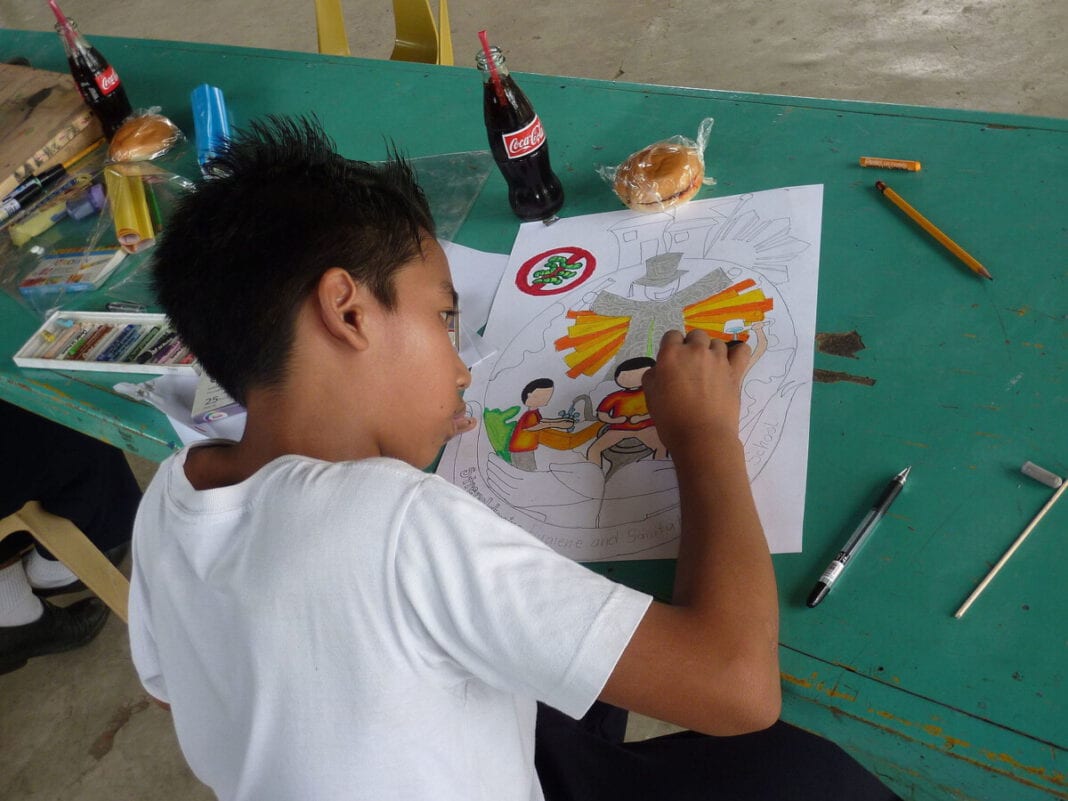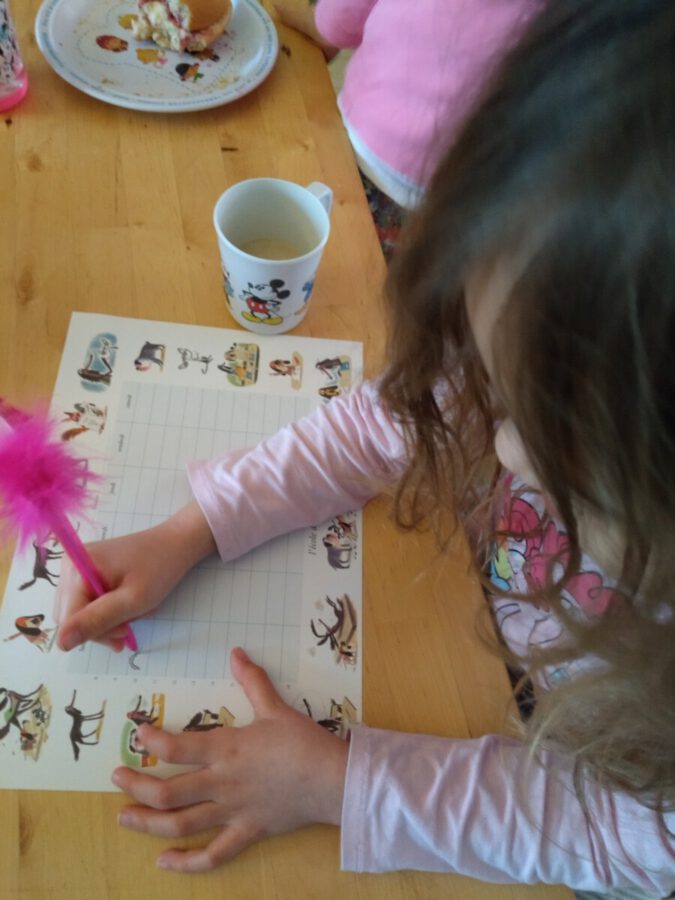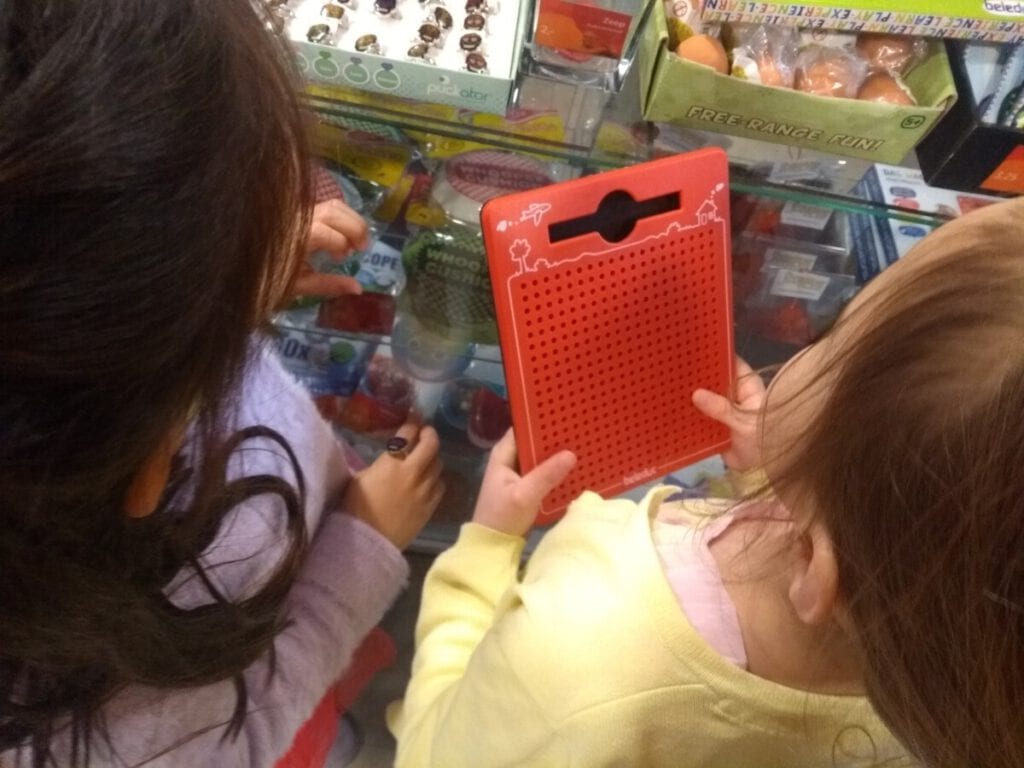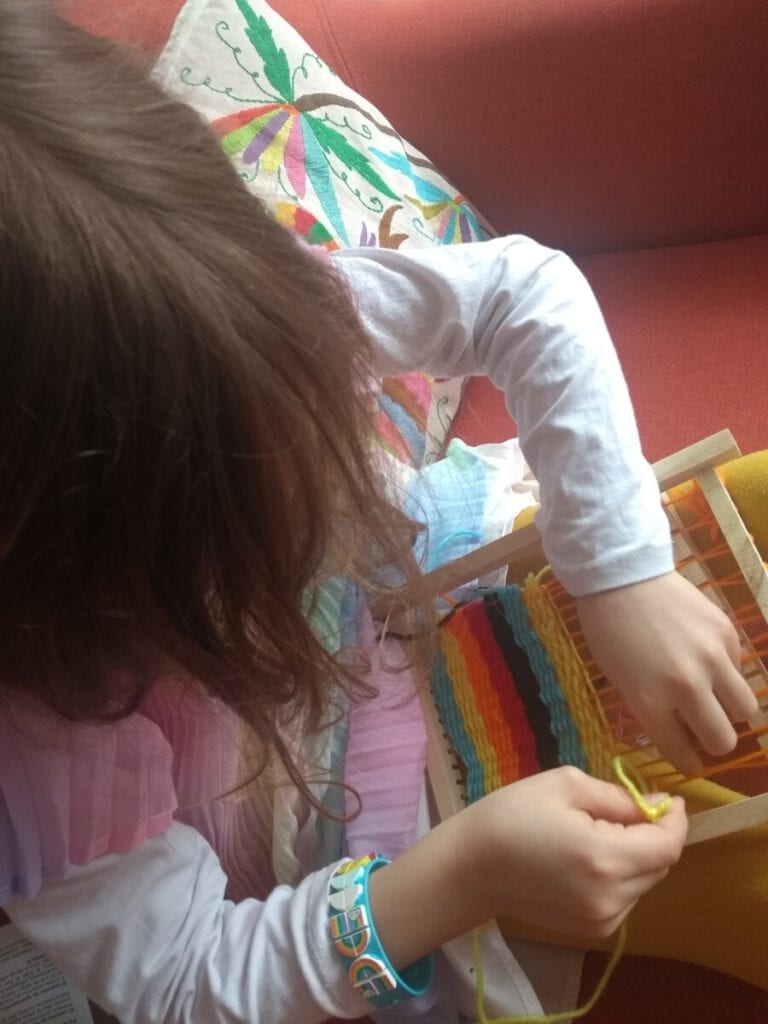With most countries imposing measures to restrict social contact in response to the coronavirus outbreak, many children are now to remain at home instead of attending daycare or school. Here are some ways to keep them busy and to keep yourself sane during these weeks of uncertainty.
Yesterday afternoon, it was announced that in order to face the COVID-19 crisis, all schools will be closed from 15 March to April 6 (well, technically they remain open for the children of workers of vital professions, but most children will be staying home).
Sport centres, cafés and restaurants will be closed as well, so all extracurricular activities are off. The government guidelines also indicate to minimise human contact, which excludes (obviously) playdates in closed places, visits to museums, libraries and playgrounds.
Luckily we live in a country where nature is never too far away and fortunately we have access to many parks. Still, this means that most of our children will be spending a lot of time at home, so we thought we’d gather a few resources to entertain and teach the kids at home.
Keep a schedule
It is important that kids know what is happening and when and to have a reliable routine. Have them participate by letting them draw or use stickers to decorate it.
Science experiments and crafts
These can include planting seeds, baking, making soup, observing insects in the garden or balcony. Here’s a long list of activities to do at home, organised per age group. And here’s yet another list of indoor activities for kids.
Oh and also, given the way people have been “hamstering” (gotta love the Dutch expression) it may be a time apt for toilet paper roll crafts. I think most of us moms are familiar with Pinterest, a great resource of inspiration for activities, art, crafts, etc. So if you haven’t checked it out yet, I welcome you to jump into the rabbit hole.
Virtual Museums
Many museums are allowing virtual visits to their collections: these include among others the Archaeological museum of Athens, El Prado (Madrid), The Louvre, Galleria di Uffizi (Florence), The British Museum, The Metropolitan Museum (NY), L’Hermitage (Saint Petersbourg), the National Gallery of Art (Washington).
Storytime
The great children writer and illustrator Oliver Jeffers will be reading one of his stories everyday, in his words “we are all home but we are not alone.” Children author Mac Barnett will also be doing it from Instagram. Storyline online is also a platform where actors will be reading for children.
Get out(doors) more
Go out for walks, to the woods, to the parks, to the dunes, provided you don’t have any symptoms, wherever you can go by bike (avoid public transportation) and minimize social contact. Read books, build a house out of a cardboard box. Study birds, collect leaves, look at the blossoms, absorb nature.
Online Learning
Online learning platforms like Squla, Gynzy kids, School tv, Muiswerk, Rekentuin, Snappet are good options for Dutch based applications. Intellecto Kids has many educational games for 3 to 6 year olds. Scholastic is offering resources for talking about Coronavirus to children as well as teaching material for all grades.
There are also resources in other languages. For Spanish, MiniLectores, a foundation that promotes children literature through monthly storytelling for all ages in different cities in the Netherlands, is holding virtual readings in their individual Facebook pages (as most libraries are closed).
Furthermore, Trastadas de mama (from her instagram account) will be reading stories for children every day at 11:00 Academons Primaria is a homeschooling app offering free access to its catalog of Math, Language, English, Science, etc.
Smartick is an app for math, Genially a platform to make interactive presentations is also providing free resources. Eduzland is another app for Language, Math and Science. For the smallest ones: Smile and Learn has interactive games for children age 3 to 12 and offers content in English, French, Spanish and Portuguese.
Celebriti Edu is offering free games for primary and secondary school until the beginning of the summer. Leer is another Spanish foundation that promotes children literacy and has many online resources. Montessori in practica has a few resources for Italian. La Papa Dolce is another good resource. Serendipity Literatura Infantil will also be reading for children in Spanish, French and Italian.
Let’s stay together during this challenging time and make the best of it, enjoying the time spent together with our close families and hopefully saving our sanity.
Do you have any other resources in other languages? Please share your answers in the comments.
Feature Image: SuSanA Secretariat/Wikimedia Commons.





